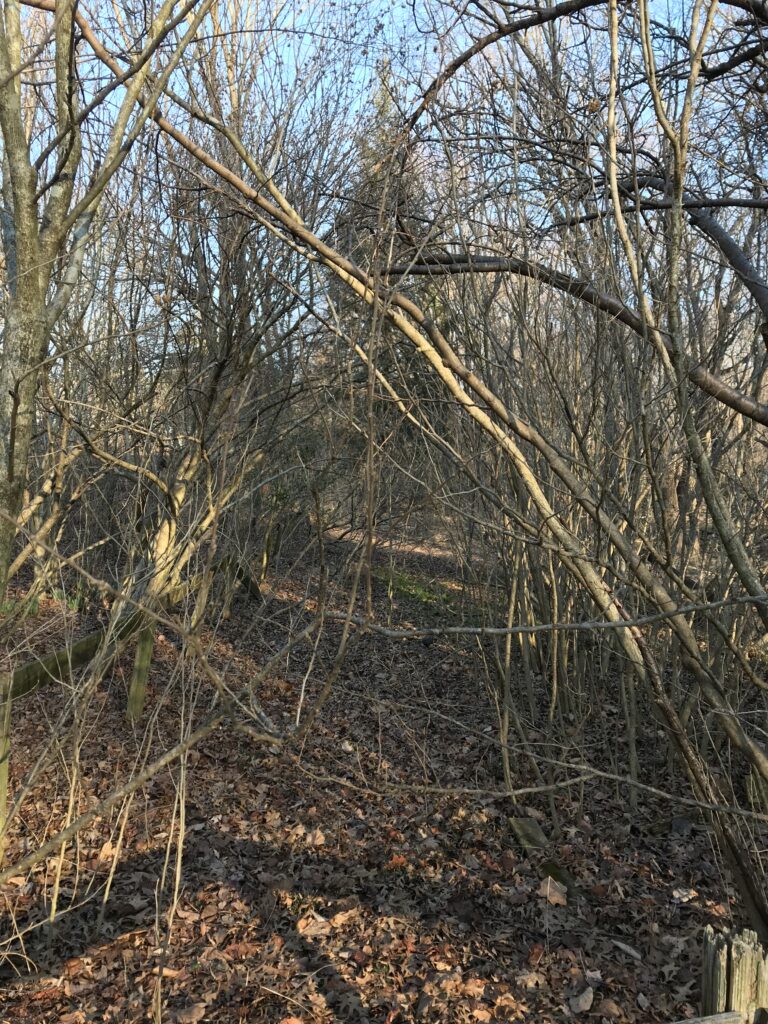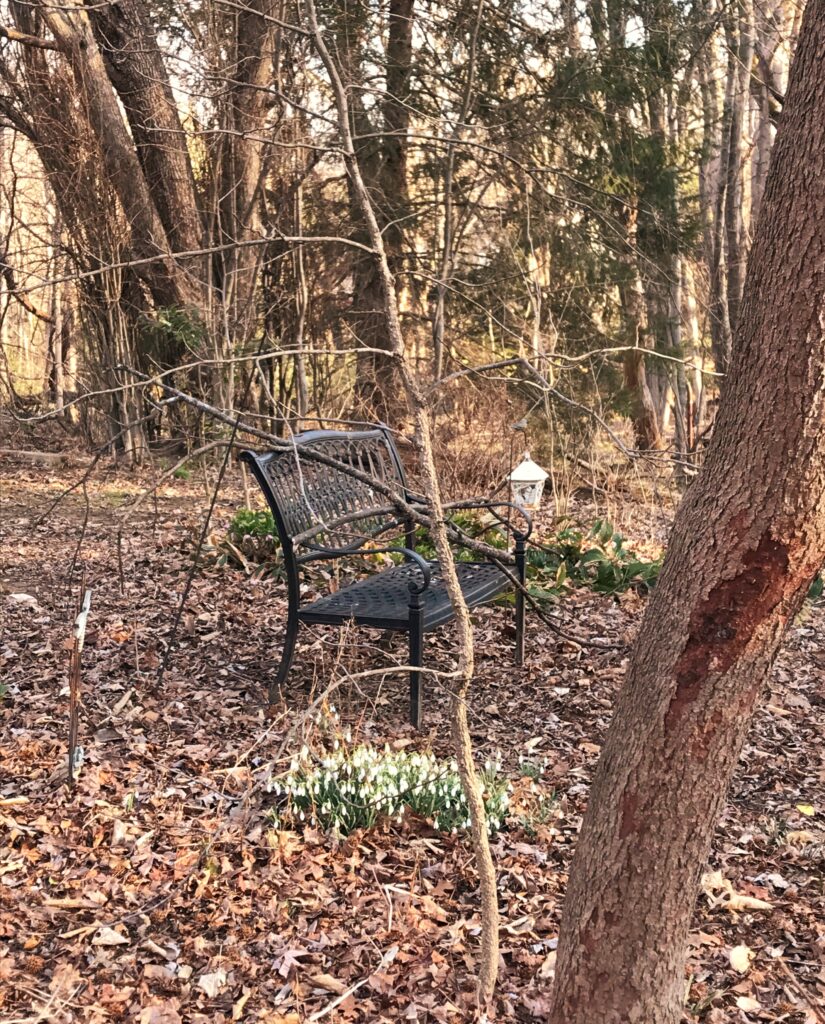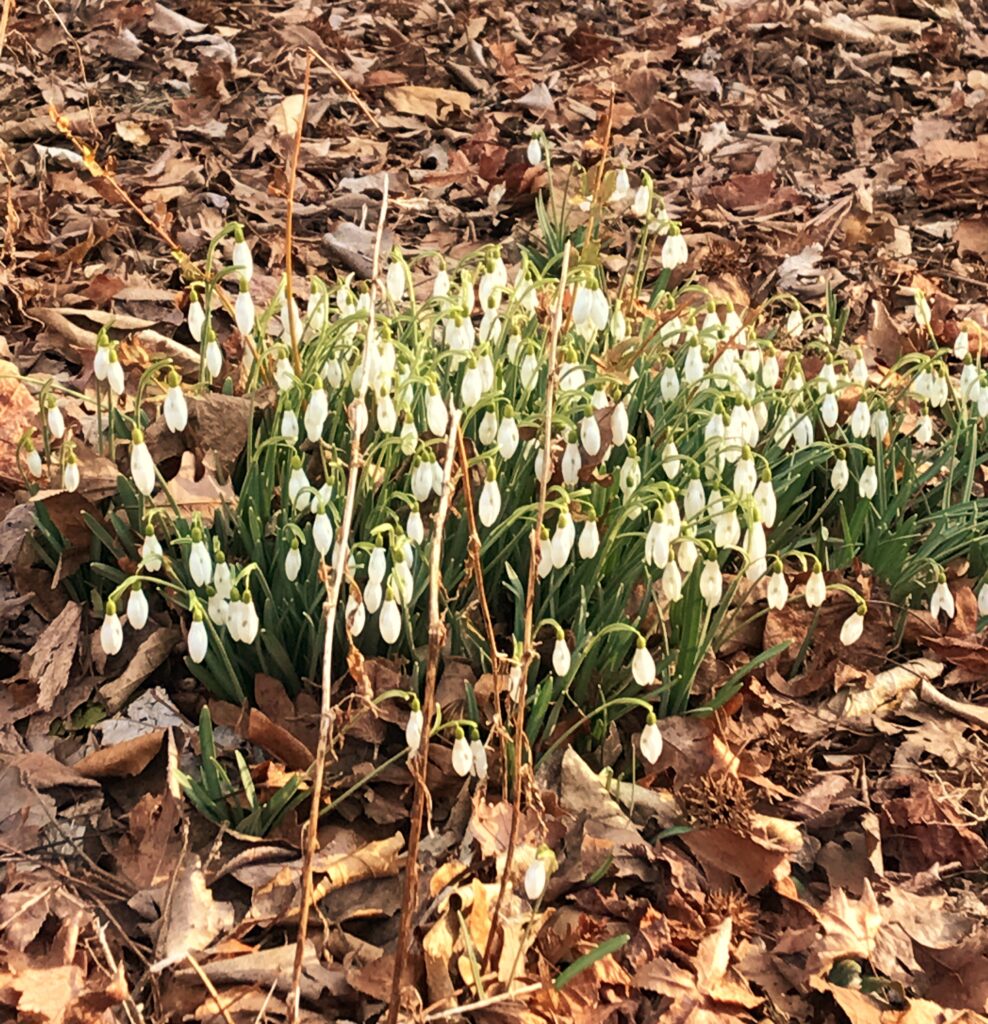I wasn’t going to write about Ash Wednesday this year. I thought I’d exhausted the topic, never a crowd-pleaser, in years past. Didn’t I write about it just yesterday? See here for last year’s post. These days it seems like it’s always Ash Wednesday.
The pandemic has put us in a holding pattern of perpetual Lent. Just when we think the deliverance of Easter is about to arrive, it vanishes like a mirage. Perhaps, finally, the light at the end of the covid tunnel may no longer be that of the oncoming train. Could it be that this long, limbo season would at last be brought to a joyful conclusion? It seemed like a real possibility.
And then Putin began his invasion of Ukraine. Our Ukrainian brothers and sisters, anticipating the rebirth of spring, as we all do, are faced with the desecration of war instead. They must confront terrible choices: whether to fight or flee, whether to stay or to pick up hurriedly and go, leaving homes, businesses, farms and beloved animals behind. The enormity of the emerging loss must be confounding and overwhelming.
The path ahead is perilous and forbidding. For the Ukrainians most emphatically, and to a lesser but still substantial degree, for those of us who watch, anxiously, from afar. No easy solution is at hand, no matter how much world-wide support is forthcoming. There will be no feel-good, happily-ever-after ending to this crisis, which will have long-lasting global implications. Lives are being lost, and the losses will multiply as the conflict escalates. It’s hard to imagine any scenario in which Putin might back down.
These are dark days. But Ash Wednesday urges us to look, steadily and without flinching, into the darkness so that we can rediscover the grace of God that searches us out to lead us back into the light. It reminds us that hope remains, even during the darkest days. Even in death. Ash Wednesday tells us not to underestimate the power and persistence of love, light, and life.
Today I saw an interview with a Ukrainian woman sheltering in a communal space in Kyiv with her children, the youngest of whom was an infant, asleep in her arms. She said that the presence of her tiny daughter was a blessing to her and all the others there with her. The baby, she said, was living proof that innocence, that something good, something kind, still exists in the world. Ash Wednesday tells us that evil, despite its bravado and air of military might, is no match for true goodness.
This morning I came upon a patch of bright white snowdrops among the dead brown leaves in a friend’s garden. I hadn’t seen these humble little flowers in years past.
Their sweet, quiet beauty reminded me of the sleeping Ukrainian baby.
Snowdrops, like God’s grace, like God’s love, are persistent. They’ll be blooming before long in the forests of Ukraine.



